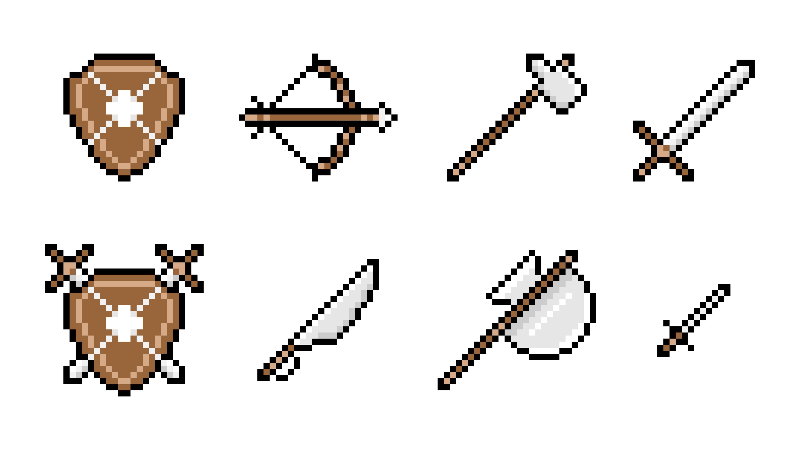Battle Passes Are the Future, Whether We Like It or Not

By Andrea Tan | April 18th, 2024 | Categories: Others
Chances are you’ve heard of a battle pass before games—mostly live-service games—to find financial revenue post-launch. Since Fortnite made its way into the gaming industry in 2017, these battle passes have transformed from a niche product to a staple in free-to-play and pay-to-play games. Let me tell you right off the bat that they work—they’re effective. But that doesn’t mean they’re not becoming more disruptive.
Table of Contents
The Lesser Evil
The thing about battle passes is that you don’t have to pay for them all the time. They offer a free, tier-based progression system for a season (which typically lasts a few months). But if you want to splurge and get some cosmetic items, you’ll have to purchase the premium version of the battle pass. Players paying for the premium battle pass allows developers to make money off their game that otherwise wouldn’t bring as much profit.
If I had to compare it to loot boxes, battle passes aren’t as bad; they’re the lesser evil of the two, and virtual boxes generate random rewards that are purchasable in the first place.
The Feeling of Progression and FOMO
The main purpose of a battle pass is to give players a feeling of progression. As they play the game, they can unlock currency to spend on items and cosmetics. However, the battle passes are limited—meaning they’re replaced with a new one every few months. While this isn’t a problem, the major downside of utilizing battle passes is the implementation of the daily and weekly challenges/missions. These often require players to complete these challenges to level up their battle pass.
As adult gamers, we only have so much time to level up and get the rewards before the battle pass expires. As a result, people tend to experience FOMO (fear of missing out), which translates to frustration. I won’t be surprised if you’ve ever been forced to play a game for multiple hours, even if you don’t want to—all because you wanted to get the most out of your battle pass for Fortnite.
The season model, in particular, exploits FOMO. It makes players who want the highest tier rewards grind through the challenges. For games with tedious unlock conditions and slow battle pass progression, it’s understandable to feel burnt out trying to get the items you want. Developers often provide a solution by offering ways to level up the battle pass, but as always, you’ll have to pay for it. Not only does this comes across as predatory, but it only gives players one choice: to pay up using their wallet.
Why Battle Passes Are Effective Being Seen As Negative
The battle pass system is undeniably exploitative and frustrating, yet it still manages to be effective. Take a look at the profits of Dota 2. Why is that? As I’ve said, battle passes look their best compared to loot boxes. The monetization of the loot boxes was enough to draw criticism and even led countries to warn companies to ease up on its practice. You can talk about how lousy battle passes are for keeping the sought-after items in their paid versions, but it at least guarantees you that you’ll get that legendary skin. Whereas in loot boxes, you’re not guaranteed anything—you’ll have to pray to the RNG gods to have a chance of getting your desired item.
Despite its flaws, the developers finally found the best answer to keeping their game afloat while being able to provide additional content for their fans. Arguably the most considerable benefit of the battle is that it’s optional. If you’re not interested in getting the cosmetics for the season, you can just opt to miss out.
Money, Money, Money
I understand that free-to-play and live-service games are all about money, but I wish they weren’t done blatantly. These games don’t respect a player’s time. It’s okay if the game in question is free, but if you have to pay for the said game and it has a battle pass system—plus limited-time events and items—all of it feels more like a money-grabbing scheme than a game. We live in an era where live-service games compete for our attention. Dailies and weeklies demand us to play in small doses, but when you think about it in the long run, you realize that you’ve sunk hundreds of hours into a game you don’t necessarily like anymore.
At this point, we must acknowledge that the demand for updates in live-services games will never go away—and with it, the battle pass. But I’m hoping we’ll see other forms of monetization that aren’t as egregious in the future. Still, for now, the current system is an undeniably excellent way for developers to rake in the big bucks.














